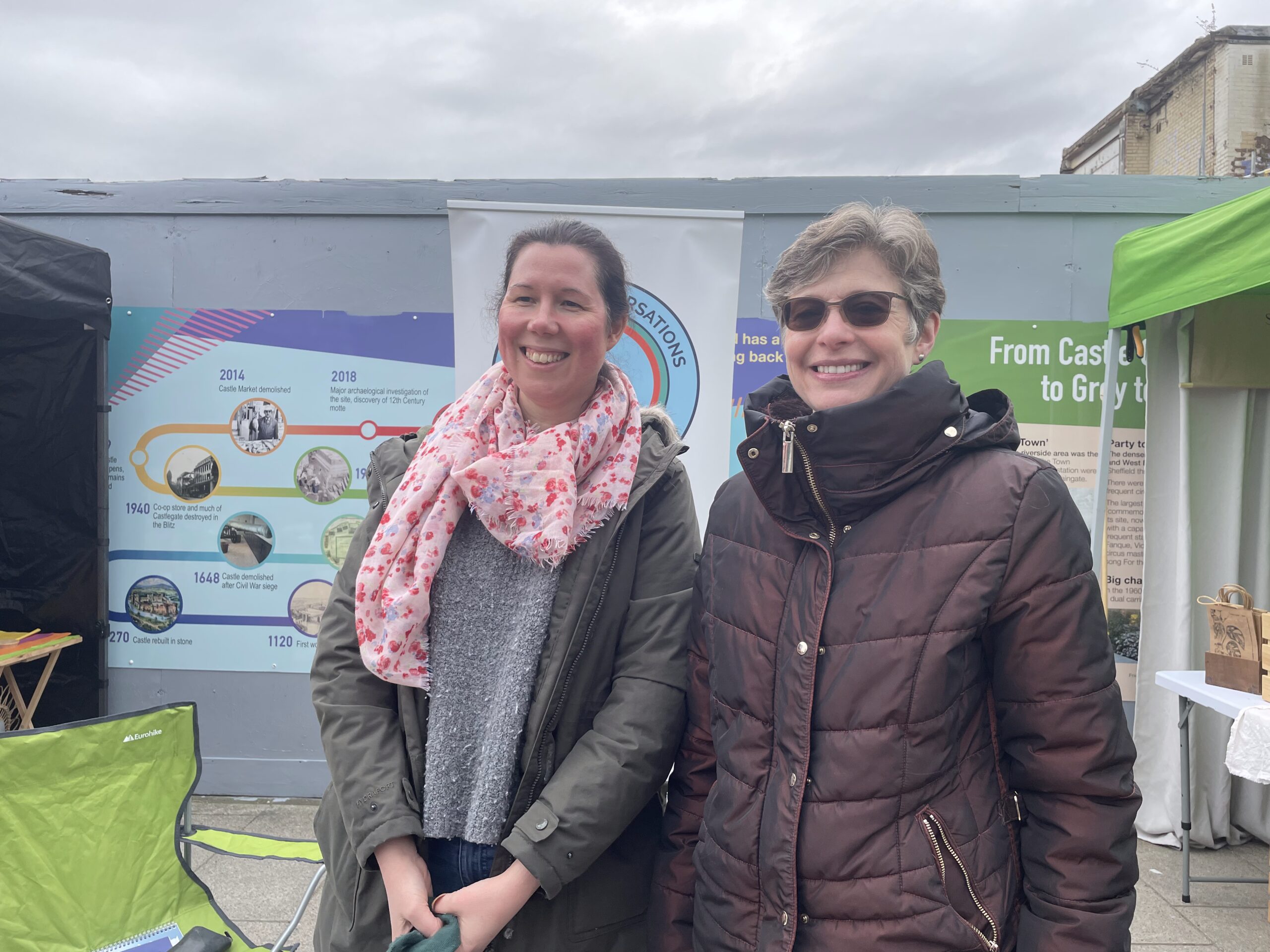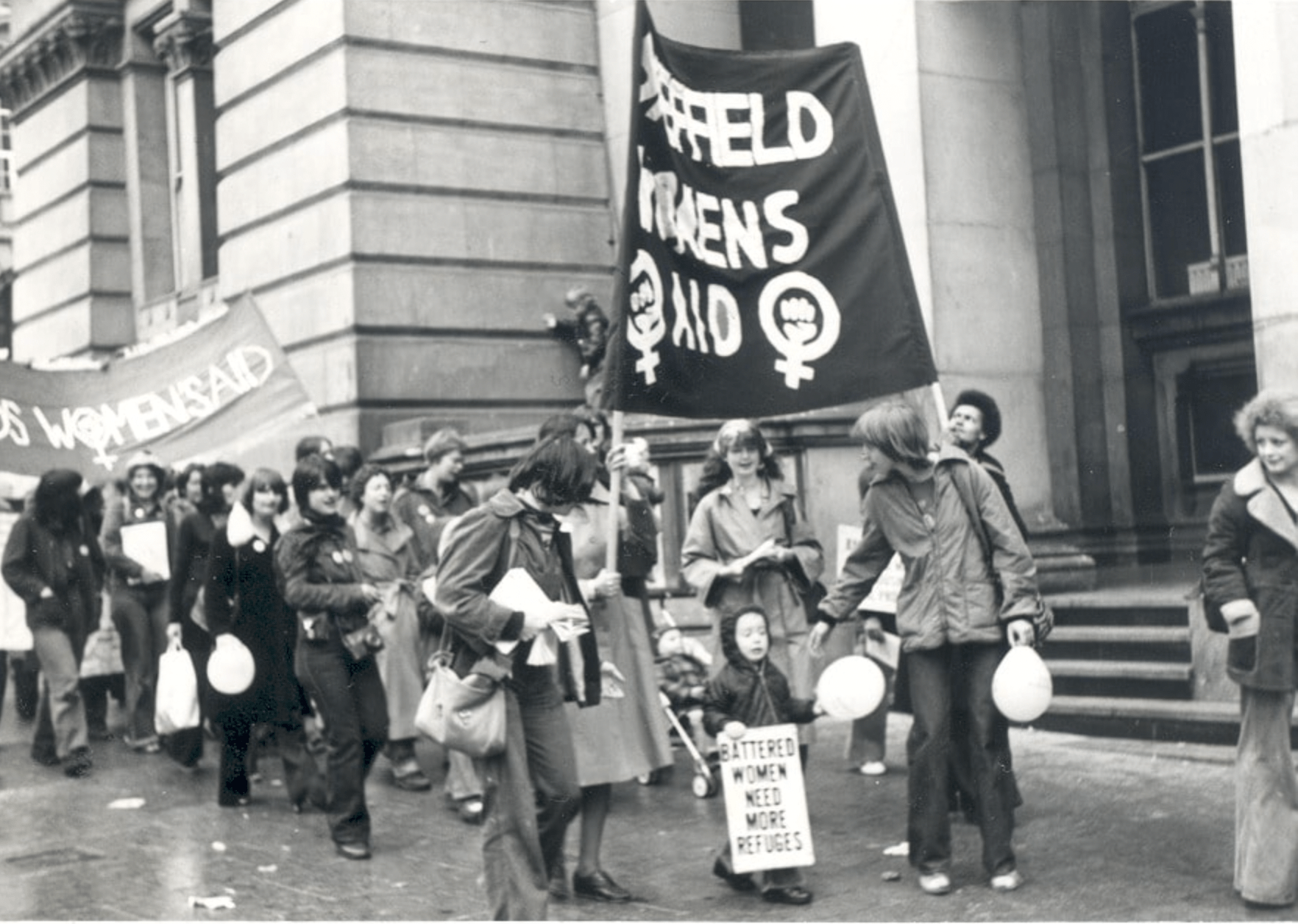When Karen Walker was asked by her neighbour aged 16 to play in a training match for Doncaster Belles, she had no idea it was the beginning of a journey that would see her name etched into the record books and inducted into the National Football Hall of Fame.
“I didn’t play football at all until I was 16, they wouldn’t let me play at school,” said Walker.” I didn’t even know about the Belles, because obviously, it was just different times.”
When Walker was a teenager in the mid-1980s, the landscape of women’s football in England was unrecognisable compared to what it has become today.
The same year which Walker was born, the Football Association overturned its ban on female teams playing on affiliated grounds, finally conceding that playing football was not damaging to women’s bodies. However, it was another 25 years before the FA incorporated the women’s game into its governance and the road to professionalism began.
For Walker, the lack of infrastructure in the women’s game meant a rapid rise through the ranks of English football.
“I went along as a 16-year-old, having never played and never been coached or anything, and when I got to Doncaster Belles, there were six, seven England internationals,” said Walker. “It was either sink or swim, really, and thankfully, it worked out.
“They (Doncaster Belles) were the best team in the country. So it was a bit of an eye-opener for me because I didn’t know girls played football. I didn’t know there was an England team, I didn’t know that there was Doncaster Belles, I’d never heard of them. I didn’t know anything.”
After Walker’s trial with the Belles, she quickly became cemented into the first eleven after their striker became pregnant.
“I was scoring five, six goals a game for Doncaster Belles every time I played. So by the time I was 17, I’d only played a year or a year and a half but I got picked for England.
“My debut was away to Italy, and the manager said to me, I’ve just brought you along for a bit of experience. Then one of the girls collapsed because it was so hot on the pitch. I was asked to go on as an emergency sub and I scored with my first touch.

Karen Walker
“I found it such an amazing experience. I’d never been able to play the games before and so for me, this was probably what I’d been waiting for since I was a child. So I just grabbed it with both hands.
“I worked for a benefits agency at the time and I was very lucky because they’re a government organisation and if I said I need three weeks off to play in Euros, they would just give me three weeks off with pay. But players who played in the England team at the time would say I can’t go to that game and I can’t get time off work.”
Her performance against Italy started a 15-year career for England in which she became the side’s main source of goals and eventually captain.
While establishing herself on the international scene, Walker was also leading the Belles to a period of incredible dominance in the FA Cup at home.
From 1987 to 1991 they won all but one of the cup finals and in 1991, a new national league was established to bring together the cream of the crop of women’s teams in direct league competition for the first time.
“We lost the final in 1991 to Millwall Lionesses,” said Walker. ”There’s nothing wrong with losing, it gives you that kick up the backside that sometimes you need, and it did give us that.
“With the new league in ‘91, we were very excited. We didn’t want to play in a local league where we were winning 10, 12 nil every week. Yes, it was great at the time, but if you were a decent player you were only going to get better playing better teams.”
Despite the new league featuring the best England had to offer, the Belles were unrivalled. Their team sheet resembled a who’s who of England greats including Gail Borman and Gillian Coulthard alongside Walker. They racked up an incredible +85 goal difference at the top of the table, conceding just four goals as they powered their way to the title.
The league win meant the Belles had a chance to make history by becoming the first-ever women’s side to do a national league and FA Cup double and for Walker, and even more, extraordinary record beckoned.
“I scored a hat-trick in every round of the cup that year,” said Walker. “No one had ever done that before and they haven’t done it since.
“When we got to the final there was a lot of pressure. The team wanted me to do it, my family wanted me to do it and I want to do it. You can’t get to a final where you’ve scored a hat-trick in every round and not think about it. It was a big deal so there was a lot of pressure, but I loved scoring goals.”
She need not have worried. After bagging two goals in quick succession early in the second half, her trade-mark header saw the record secured in the 75th minute.
“I was the most nervous player in the team but I think once I scored the first one, I knew it was coming,” said Walker. “You’ve got to play under pressure at the top level. It was a great day, and obviously something I’ll never forget.
“It’s something that will never ever be taken away from each player that was involved. I’m really proud that that’s what we did, fantastic memories, just really proud.”

Karen Walker
According to Walker, the extraordinary 1991/2 season was not the pinnacle of her career.
“Becoming England captain was the most proud I’ve ever been, without a shadow of a doubt,” said Walker. “It’s very, very difficult to explain how you feel. I remember the day that Hope Powell called me to her room and she told me, you could have knocked me over with a feather.
“I ran back to the room and I rang all my family, I was extremely proud of myself. It was just such an honour that it took me to another level and it was definitely the proudest I have ever been.
Walker retired from professional football in 2003 after the Belles’ national dominance had been put to bed by the rise of Arsenal and the money which was ploughed into FA affiliated clubs.
“I wouldn’t swap what the game is now for what I had, not one second,” she said. “There have to be times where it was at stage of development we played through for them to get where they are now. I just hope that they appreciate it because it is fantastic now.
“The majority of the time I watch on TV like everybody else. I have been invited to the odd England game but if I’m absolutely 100% honest, the disappointing thing as an ex-England international and an ex-England captain is we should be invited to every game.
“I think there’s an element of feeling forgotten with what went before and I think that’s a shame.
“It’s the Belles as well. They’ve changed the name to Doncaster Rovers Belles. And it’s a little bit like they’ve had to sell their soul to continue with that merger with Doncaster Rovers. It’s the right thing to do though, they have to keep going even if they don’t play in the yellow and blue anymore.”
Walker’s achievements were recognised when she was inducted into the Football Hall of Fame in 2007 alongside such names as Sir Alex Ferguson and Bobby Moore. She now works as a police officer in Doncaster.
On what her colleagues think of her football career she said: “I just tell them it was a golden time, and I’m very, very lucky.”



